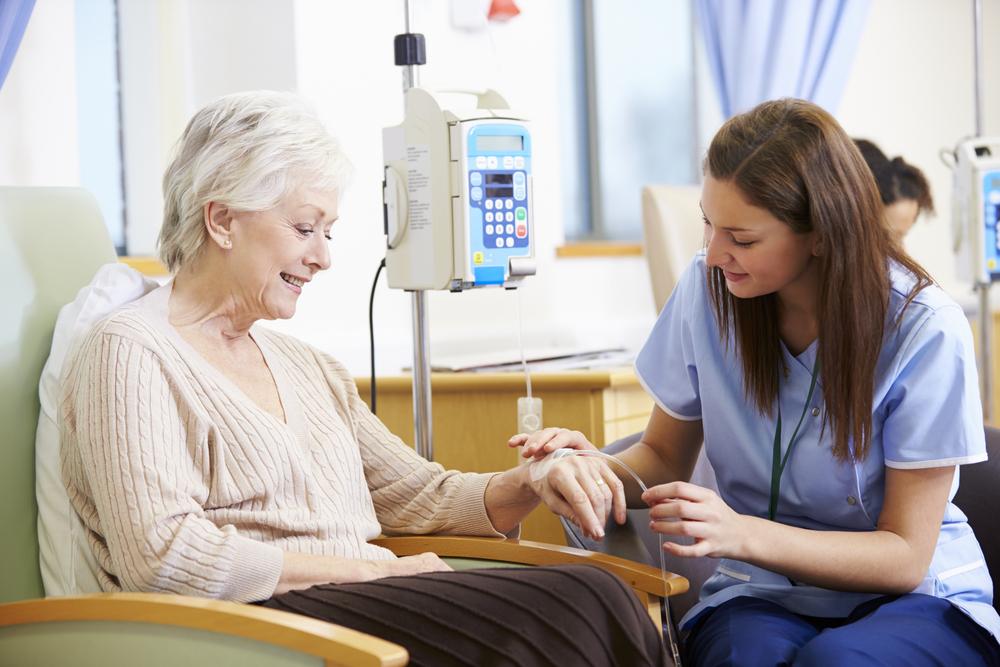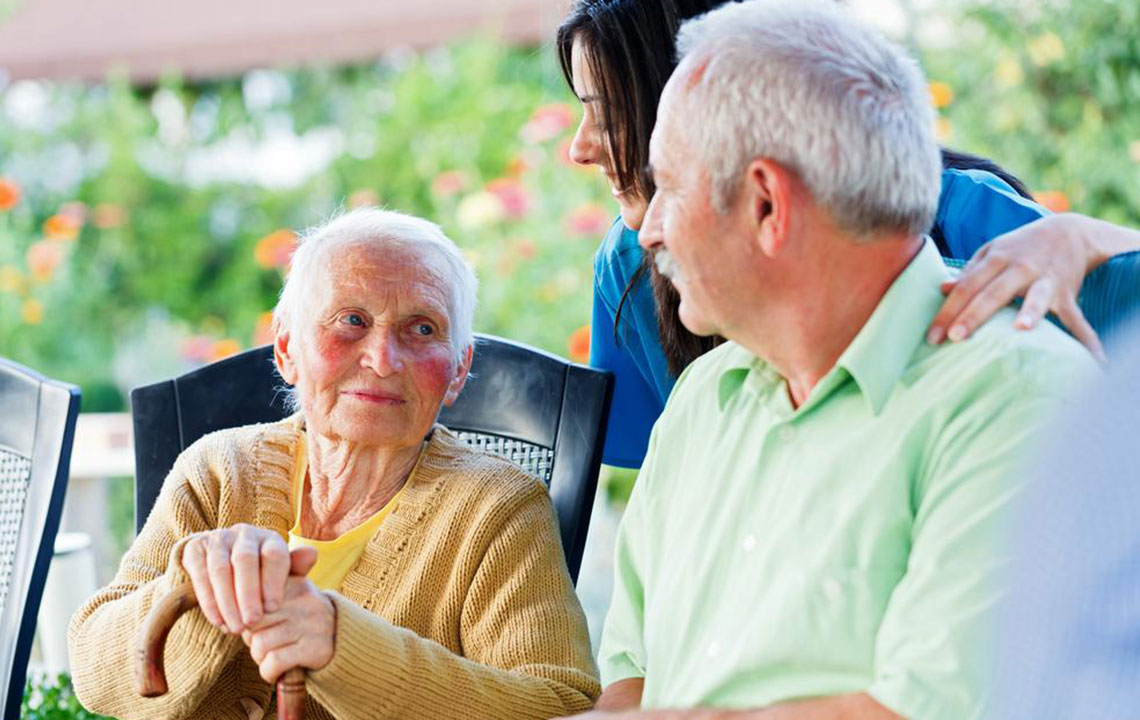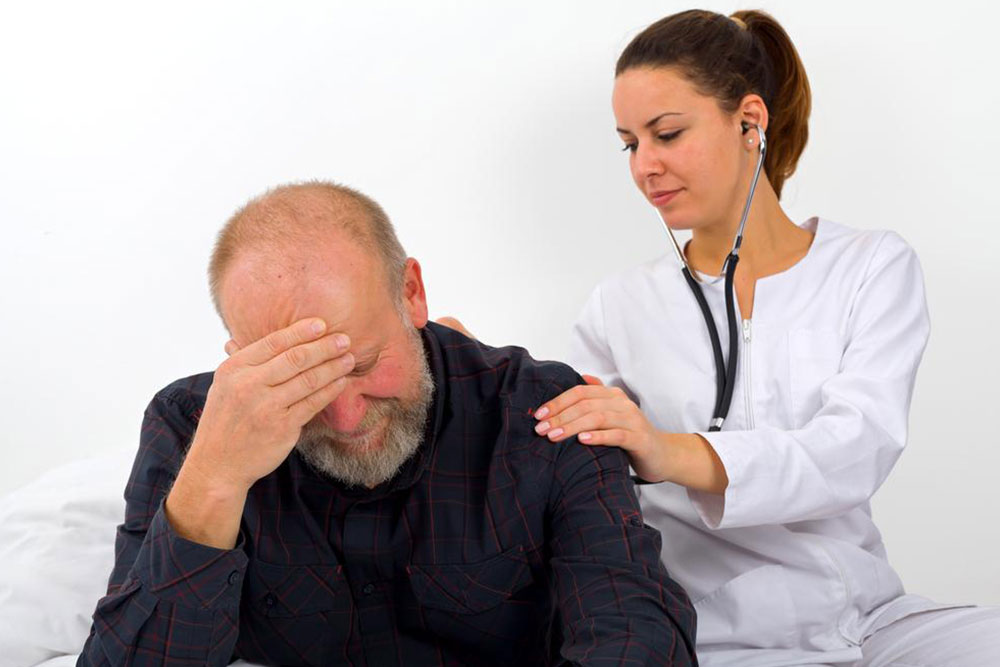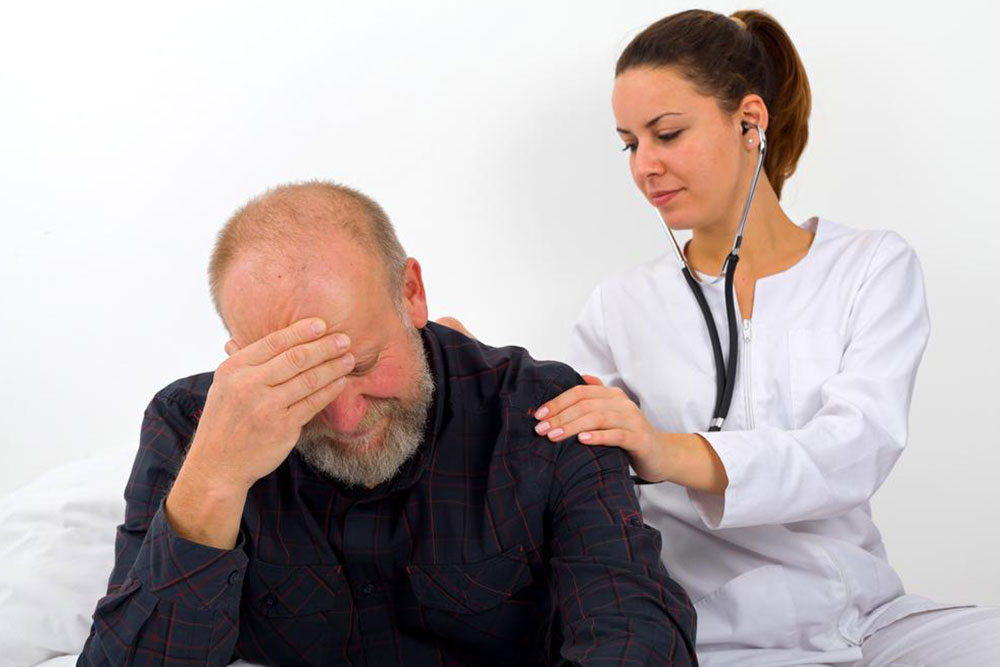Parkinsons Symptoms
It can be hard to tell if you have Parkinson’s disease. Symptoms of the disease differ from person to person. They also change as the disease progresses. Symptoms that one person gets in the early stages of Parkinsons, another person may not get until later-or not at all. People start showing signs of the disease between the ages of 50 to 60. It develops slowly and is often unnoticed by loved ones, friends and even the person suffering from it.
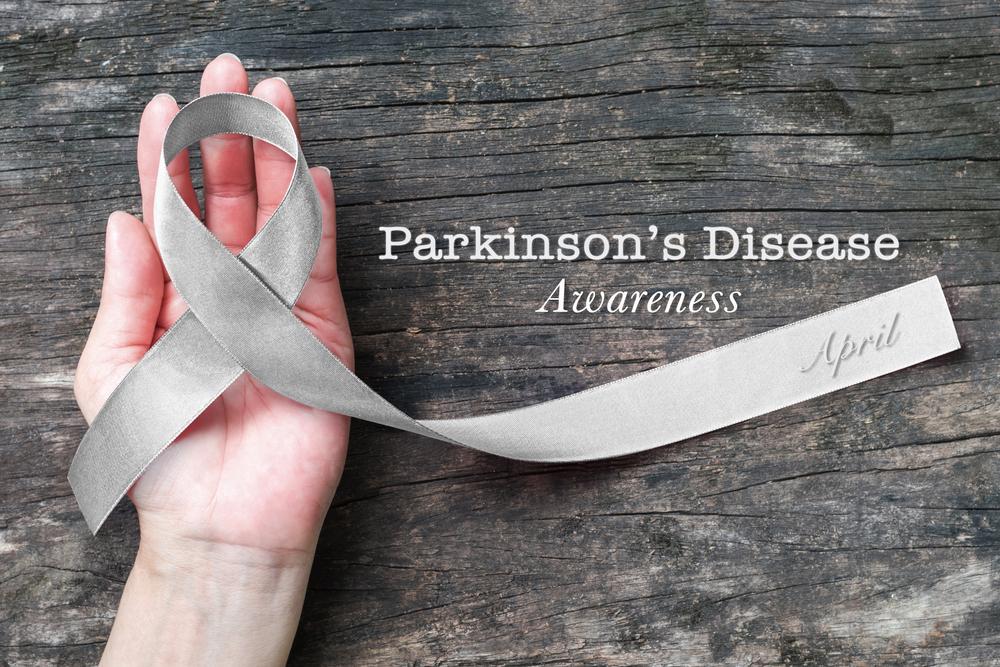
By definition, Parkinson’s is a progressive disease. Although some people with Parkinson’s only have symptoms on one side of the body for many years, eventually the symptoms begin on the other side. Symptoms on the other side of the body often do not become as severe as symptoms on the initial side. Some of the symptoms are as follows:
- Tremor
A tremor, or shaking, usually begins in a limb, often your hand or fingers. You may notice a back-and-forth rubbing of your thumb and forefinger, known as a pill-rolling tremor. One characteristic of Parkinson’s disease is a tremor of your hand when it is at rest.
- Rigid muscles
Muscle stiffness may occur in any part of your body. The stiff muscles can limit your range of motion and cause you pain. Rigidity can also affect the muscles of the legs, face, neck, or other parts of the body. It may cause muscles to feel tired and achy.
- Mental symptoms
Some people also tend to suffer from depression and anxiety. Also, problems like mild cognitive impairment and dementia may also manifest.
- Difficulty with walking and balance
A person with this disease is likely to take small steps and shuffle with his or her feet close together, bend forward slightly at the waist, and have trouble turning around. Balance and posture problems may cause frequent falls. But these problems usually don’t happen until later on.
- Sleep Problems
Everybody has trouble sleeping sometimes. However, tossing and turning takes on a new meaning when you’ve got Parkinson’s. Early signs of the disease can include many uncontrollable movements, not just occasionally, but on a regular basis. Kicking, thrashing, flailing your arms, and even falling out of bed could indicate a serious problem.
- Speech changes
You may have speech problems as a result of Parkinson’s disease. You may speak softly, quickly, slur or hesitate before talking. Your speech may be more of a monotone rather than with the usual inflections.
See your doctor if you have any of the symptoms associated with Parkinson’s disease — not only to diagnose your condition but also to rule out other causes for your symptoms. Refer to a neurologist, who specializes in the brain. Also start a regular exercise program to delay further symptoms. Last but not the least, talk with family and friends who can provide you with the support you need.
